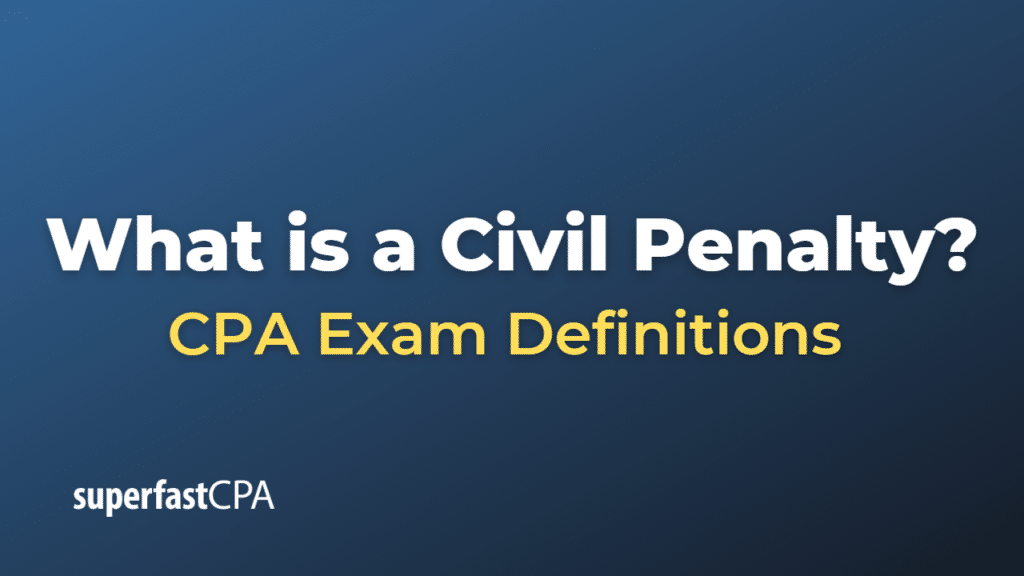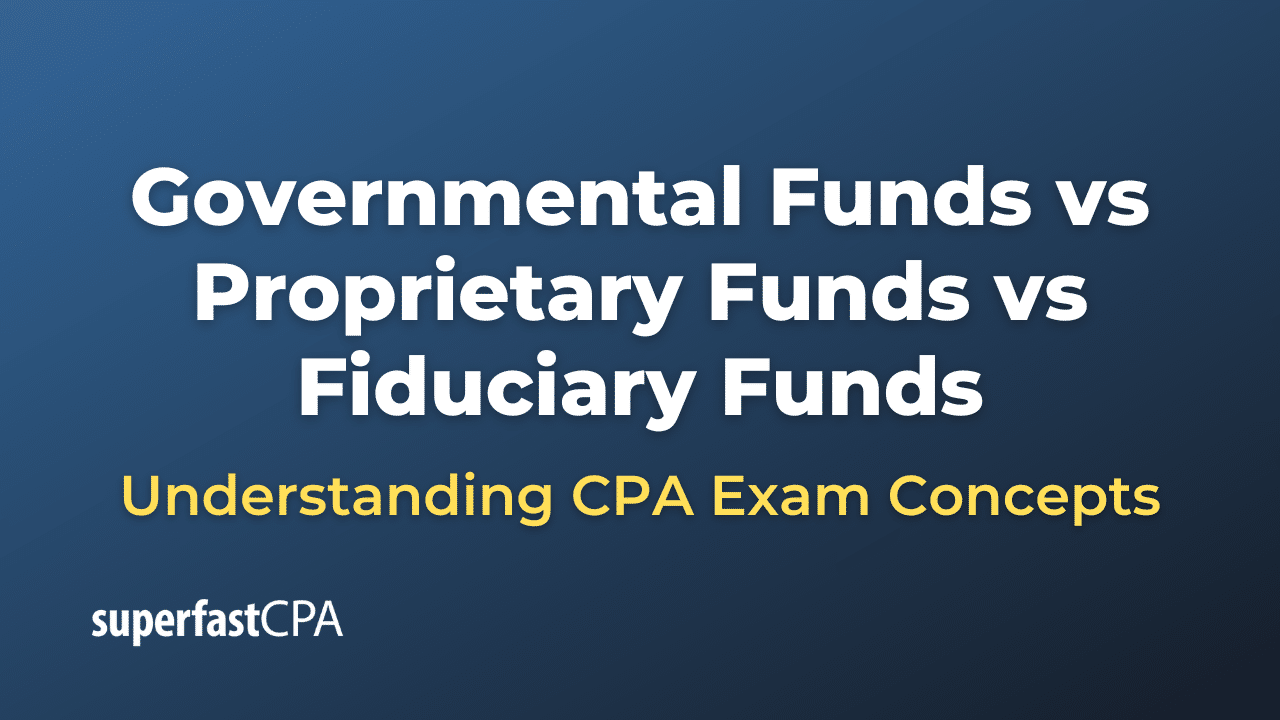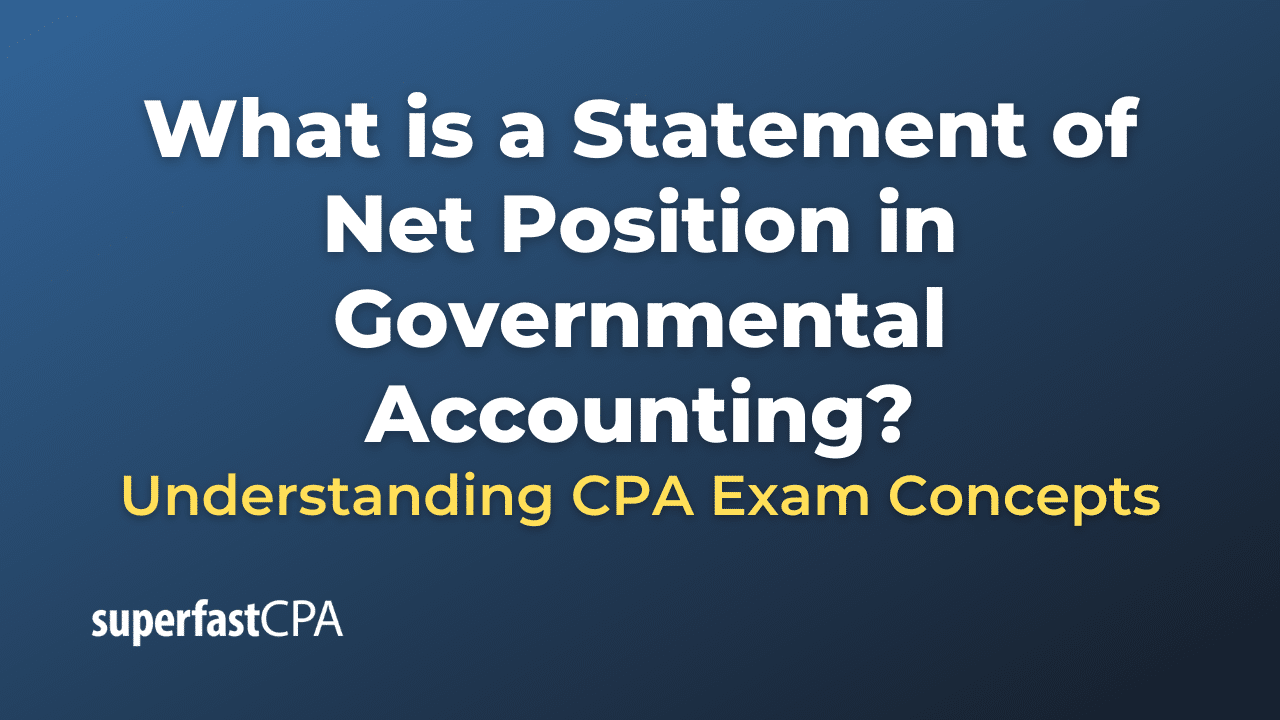Civil Penalty
A civil penalty, also known as a civil fine, is a monetary penalty imposed by a government agency or a court as a consequence of a violation of laws, regulations, or rules. Civil penalties are distinct from criminal penalties, as they are not associated with criminal charges or imprisonment. Instead, they are designed to discourage and punish specific actions or behaviors that are considered harmful, non-compliant, or detrimental to the public interest, without resorting to criminal sanctions.
Civil penalties are typically applied in cases involving breaches of regulatory compliance, environmental laws, consumer protection laws, tax laws, securities laws, antitrust laws, and other civil matters. They can be levied against individuals, corporations, or other entities found to be in violation of the applicable regulations.
The process for determining and enforcing civil penalties varies depending on the jurisdiction and the specific laws or regulations involved. In some cases, a regulatory agency may have the authority to impose civil penalties directly. In other cases, a civil lawsuit may be filed, and a court will determine the appropriate penalty based on the facts of the case and the applicable laws.
The amount of the civil penalty is generally determined by factors such as the nature and severity of the violation, the harm caused, the financial resources of the violator, and the need for deterrence. Civil penalties can range from relatively small amounts for minor infractions to substantial fines for serious or repeat violations. In some cases, civil penalties may be accompanied by other remedies, such as injunctions, disgorgement of profits, or orders to cease and desist from certain activities.
Example of a Civil Penalty
Let’s consider a fictional example involving a company that violates environmental regulations.
Imagine a manufacturing company, ABC Corp., which operates a factory that disposes of its wastewater into a nearby river. The Environmental Protection Agency (EPA) discovers that ABC Corp. has been discharging harmful chemicals into the river, in violation of the Clean Water Act. As a result, the river’s water quality has been adversely affected, causing harm to the local ecosystem and potentially posing health risks to the community.
Upon investigation, the EPA determines that ABC Corp. failed to obtain the required permits and did not implement the necessary pollution control measures to prevent the discharge of harmful chemicals into the river. In response, the EPA decides to impose a civil penalty on ABC Corp. for its non-compliance with the Clean Water Act.
The EPA takes into account several factors when determining the appropriate amount of the civil penalty, including the severity of the violation, the extent of environmental harm caused, and ABC Corp.’s financial resources. The agency ultimately imposes a $500,000 civil penalty on the company. Additionally, the EPA orders ABC Corp. to cease the illegal discharge, obtain the necessary permits, and implement proper pollution control measures to prevent future violations.
In this example, the civil penalty serves as both a punishment for ABC Corp.’s violation of environmental regulations and a deterrent to discourage the company and others from engaging in similar non-compliant behavior. The imposition of the civil penalty also helps to emphasize the importance of environmental protection and regulatory compliance in maintaining public health and the integrity of natural resources.














